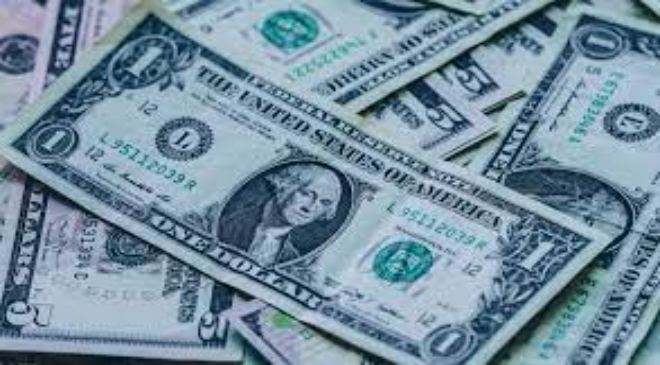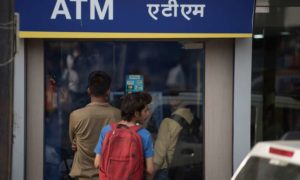Gold reserves as on August 2, 2024, stood at $60.099 billion, compared with $2.404 billion a week ago.
India’s forex reserves jumped $7.533 billion to a new record high of $674.919 billion for the week ended August 2, according to the latest RBI data. The overall kitty had dropped $3.471 billion to $667.386 billion in the previous reporting week ended July 26.
Read More: IPhone In 30K? Apple Iphone Price Drops In Amazon Great Freedom Festive Sale
The previous high for the reserves had stood at $670.857 billion, reached on July 18.
Gold reserves as on August 2, 2024, stood at $60.099 billion, compared with $2.404 billion a week ago.
For the week ended August 2, foreign currency assets, a major component of the reserves, increased by $5.162 billion to $592.039 billion, the data released on August 9 showed.
Read More: ONDC touches ~1 crore transactions a month – A UPI Moment in Digital Commerce?
Expressed in dollar terms, the foreign currency assets include the effect of appreciation or depreciation of non-US units like the euro, pound and yen held in the foreign exchange reserves.
The special drawing rights (SDRs) were down by $41 million to $18.161 billion. India’s reserve position with the IMF was up by $8 million to $4.62 billion in the reporting week, the RBI said.
Sanjeev Agrawal, president of PHD Chamber of Commerce and Industry, said, “India’s robust standing amidst global economic headwinds and uncertain geopolitical scenario, backed by strategic policy measures and vigilant monetary policy stance, have led the forex reserves to reach the record all-time high at the level of $674 billion (as on Aug. 2, 2024).”
Read More: Petrol, Diesel Fresh Prices Announced: Check Rates In Your City On August 10
Going ahead, this will boost India’s economy on higher growth trajectory, improving India’s global standing, attracting foreign investments, and bolstering domestic trade and industry, he said.
“Given the nation’s significant foreign exchange reserves, the RBI will have greater flexibility in managing currency and monetary policy,” said Agrawal.





































